Search

Modifying Canning Recipes
Understanding how swapping ingredients, adding ingredients, increasing or decreasing ingredients and making changes to processing plays a vital role in ensuring that home-canned products are safe.
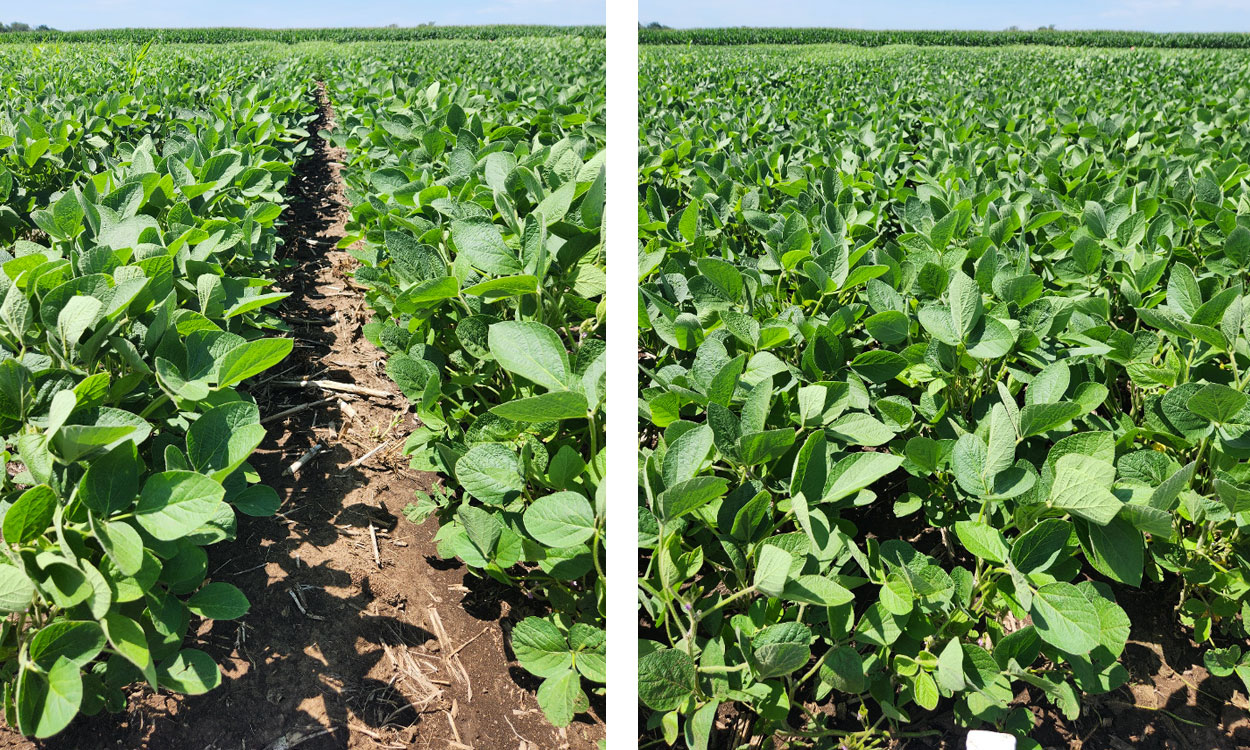
Strong, Effective Herbicide Programs Can Be Complimented With Narrow Row Spacing
While strong herbicide programs will result in effective weed management, a cultural tactic, such as row spacing can result in a complementary increase in effectiveness.
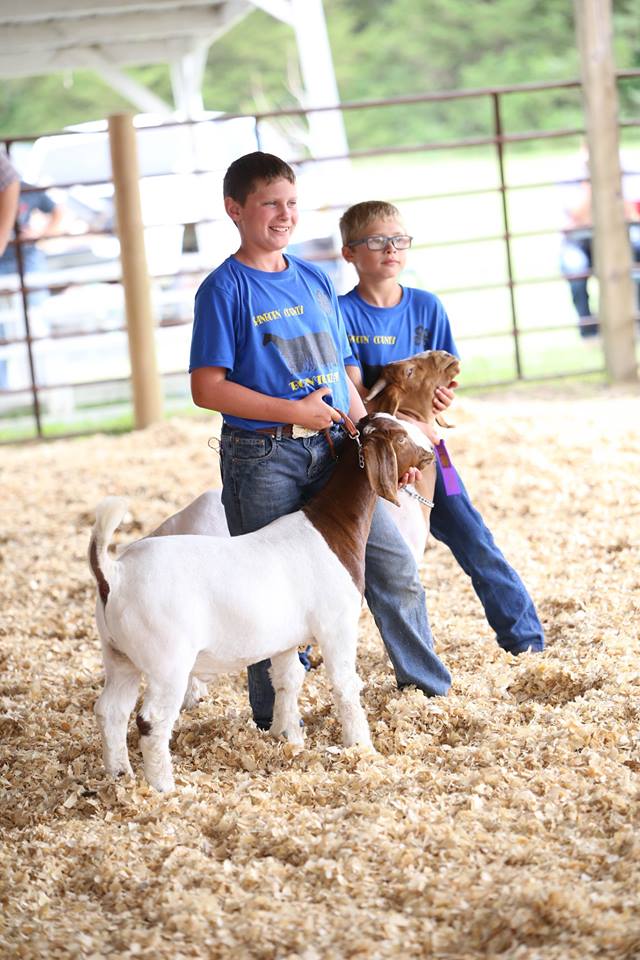
State Fair
View schedules, resources and results for the 2025 South Dakota State Fair taking place Aug. 27-Sept. 1 in Huron, South Dakota.
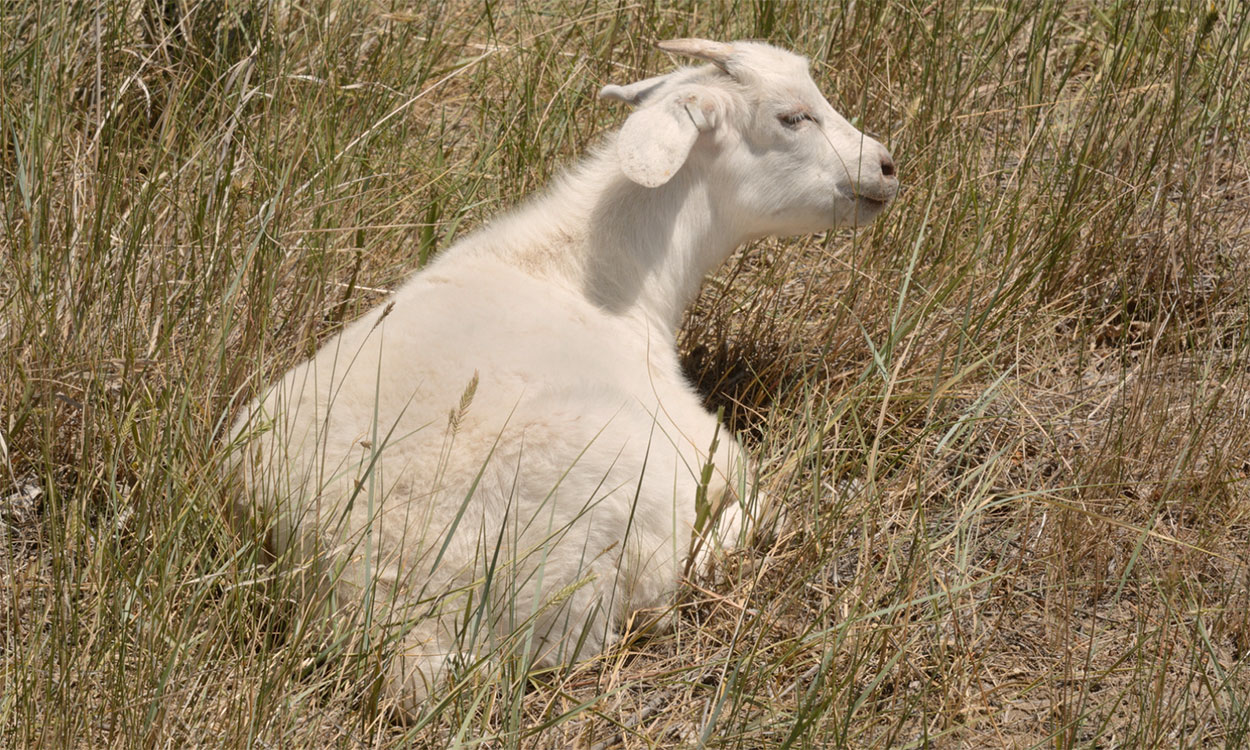
Heat Stress in Small Ruminants
The Upper Midwest provides periods of extreme heat during summer and shorter periods of heat stress potential during spring and fall. Are your sheep and goats cool enough in their environment?
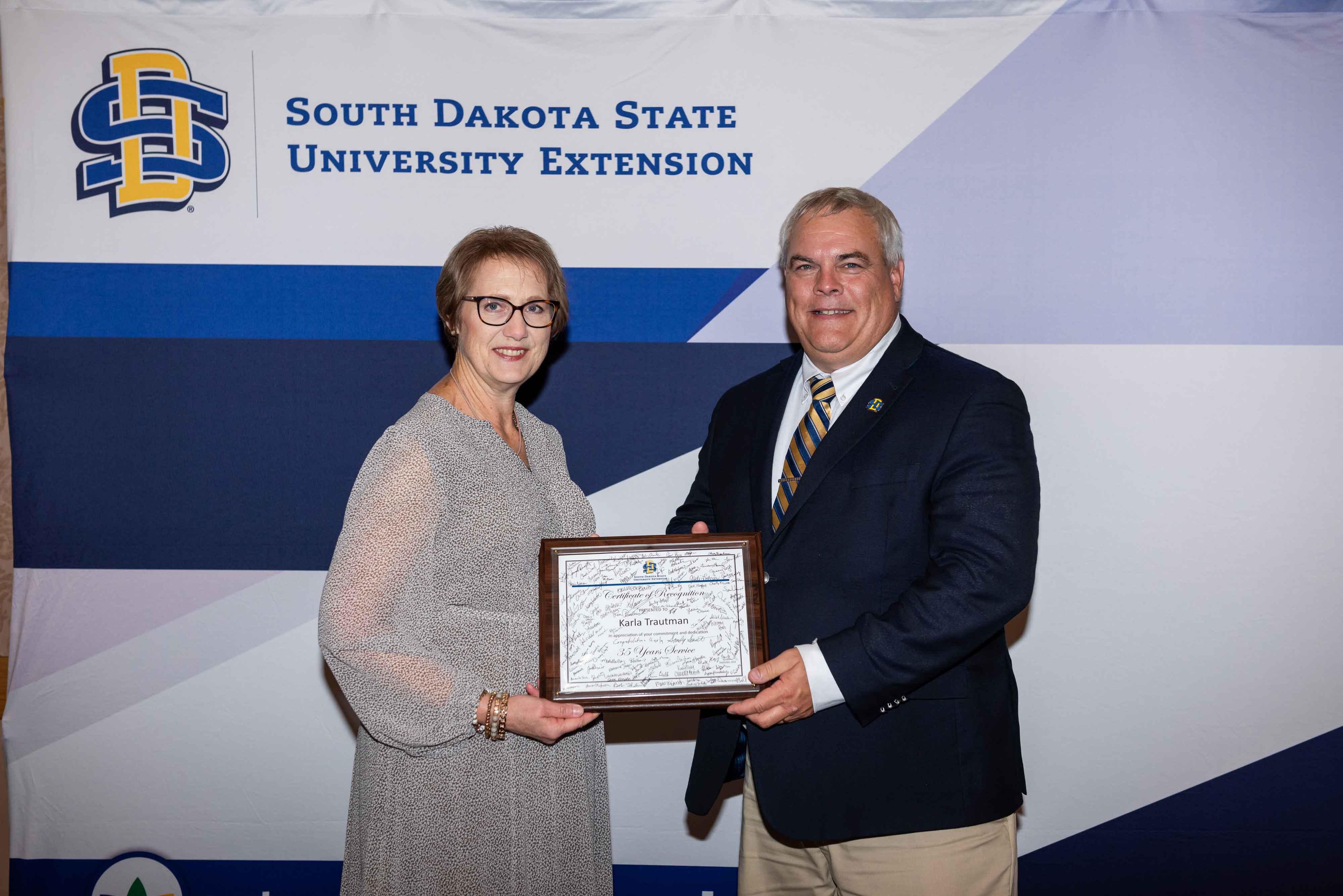
SDSU Extension presents staff and faculty awards during 2023 Fall Conference
December 01, 2023
South Dakota State University Extension recognized staff and faculty members for achievements in service and educational programming at its annual Fall Conference Sept. 26-28, 2023, at the Ramkota Conference Center in Pierre, South Dakota.
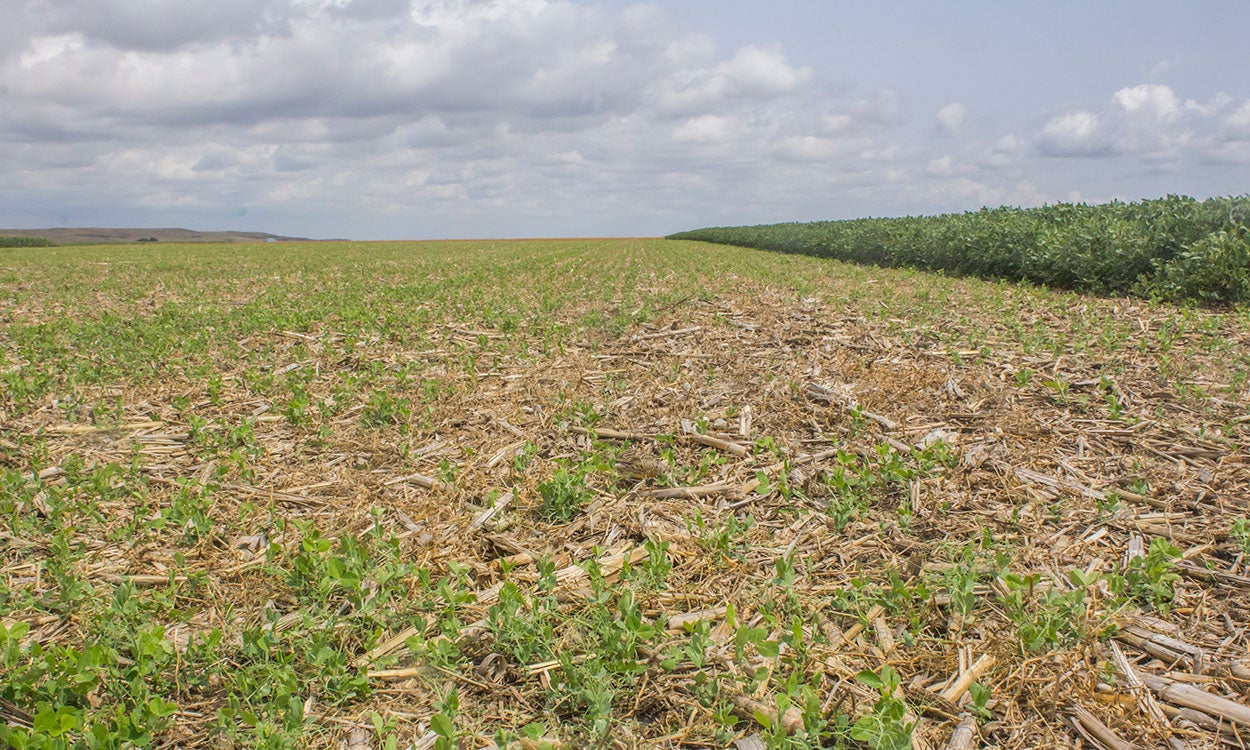
Midwest Cover Crops Council Releases Third Edition Cover Crops Field Guide
November 29, 2021
Cover crops are used to slow erosion, improve soil health and capture nutrients. From planting to termination, growers face many production decisions, however.
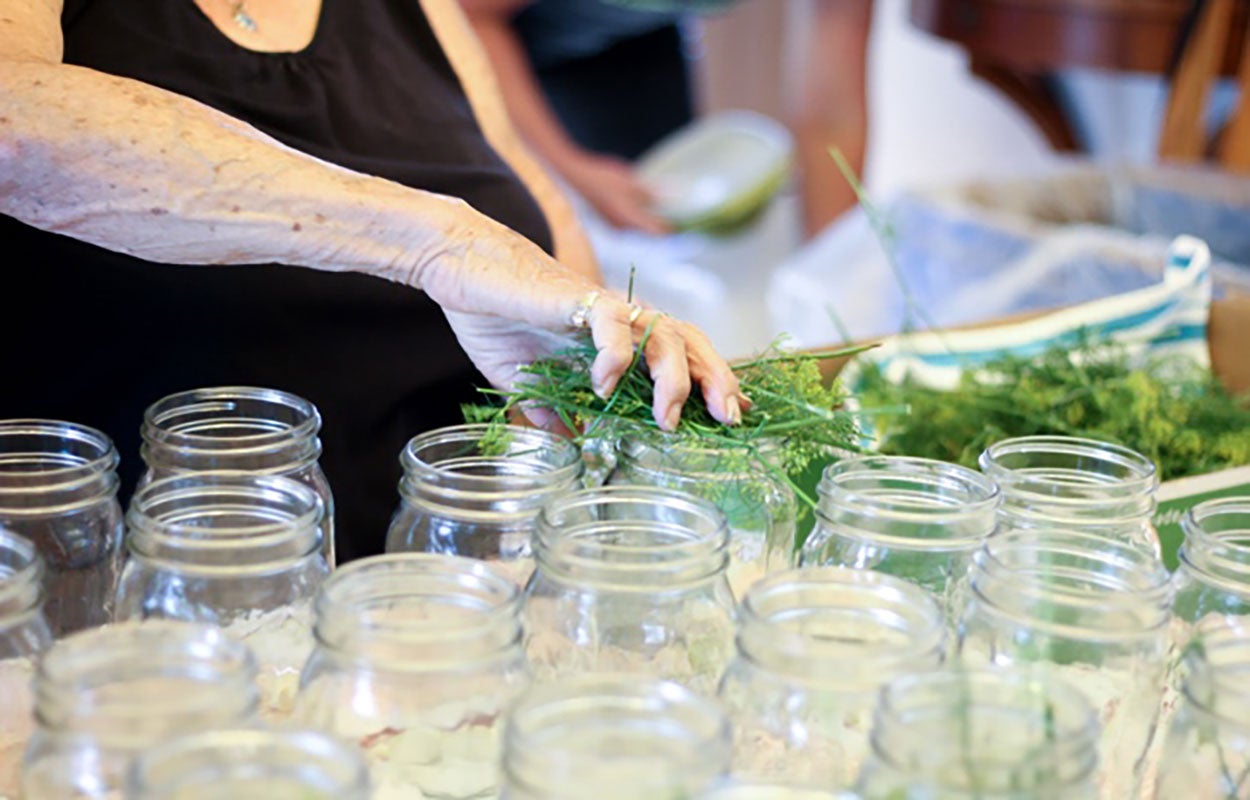
SDSU Extension offers training on updated Cottage Food Laws
October 23, 2023
South Dakota State University is providing training for food processors who would like to sell food products from their homes following updates to the state’s cottage food laws earlier this year.

Citizenship Washington Focus (CWF)
CWF is a week-long 4-H citizenship program for thousands of 4-H’ers hosted in Washington D.C. each summer.
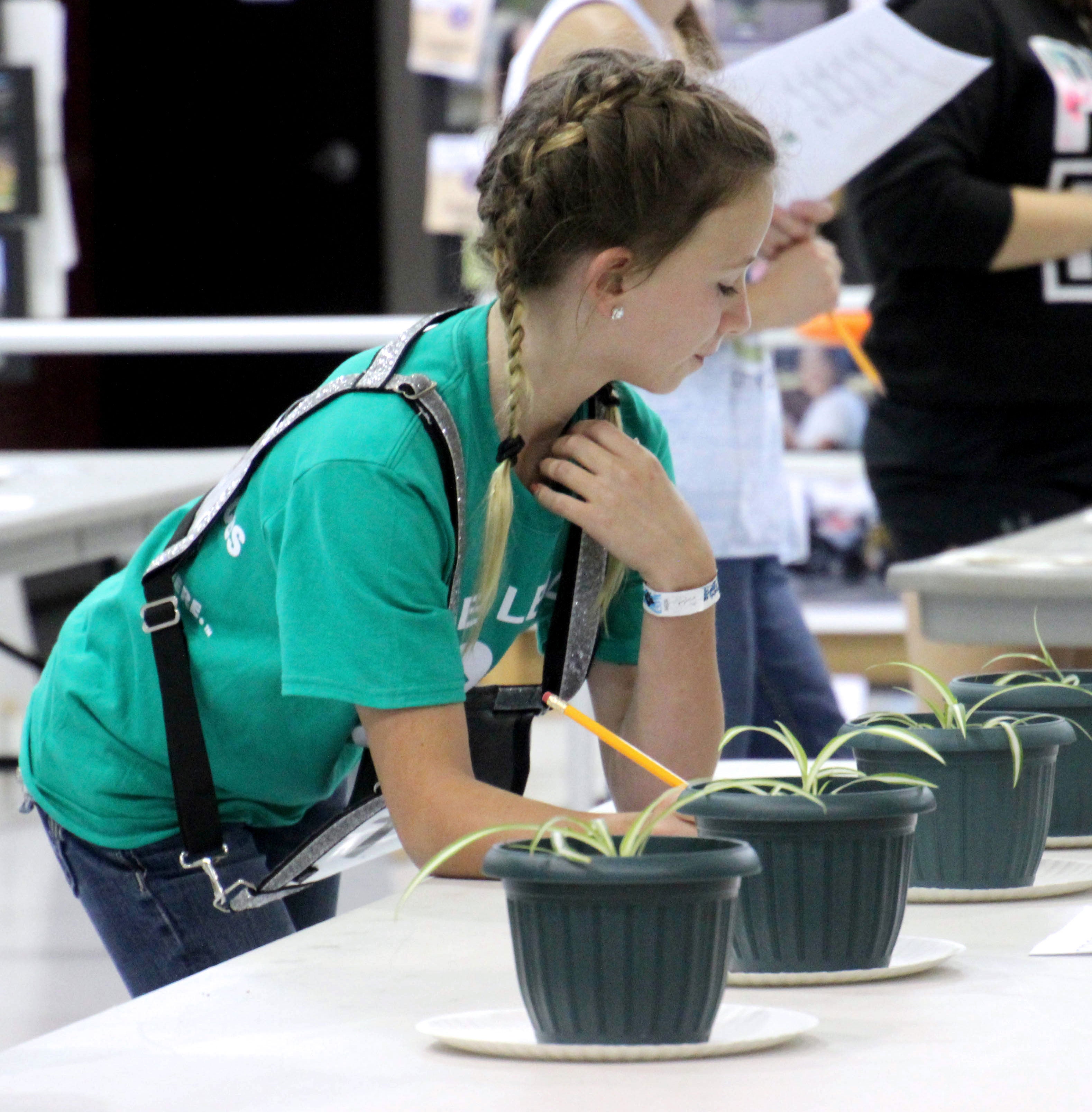
4-H Horticulture Skill-a-thon Project
The 4-H horticulture skill-a-thon is a contest that helps youth identify flowers, indoor plants, landscape ornamentals, fruits, nuts, berries, and vegetables. Be ready to expand your knowledge on greenhouses, turf, plant nutrition, landscaping, managing lawns and trees, and soil health.
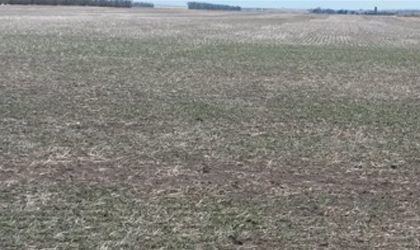
What Makes Winter Wheat a “Winter Wheat”?
For most of us wheat is wheat; however there is a distinct difference between spring and winter wheat, even though the vegetative characteristics of these two wheat types are very similar. Winter wheat can withstand freezing temperatures for extended periods of time during the early vegetative stage and requires exposure to freezing or near freezing temperature to trigger reproductive stage. In other words, if winter wheat does not go through a period of cold temperatures, then it will not produce seed. Two things needed for winter wheat to perform at optimally and produce good yields are- cold acclimation and vernalization.